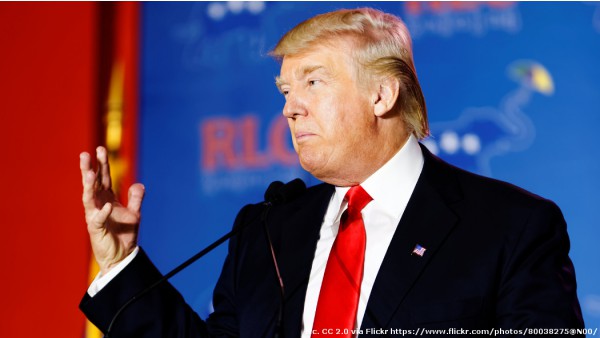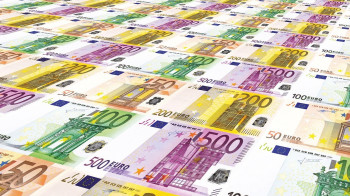The most important election in the world is over. USA has a new president Donald Trump.
It will probably mean the following economic policies are implemented:
- lower taxes and, in the short-term higher public debt
- more spending on infrastructure, which US badly needs and higher military spending
- less globalization and more protectionist measures, such as tariffs and physical/legal obstacles to inward labor mobility. many policies will be targeted to slow China rise as new economic power, including declaring China a currency manipulator
- developing better economic relations with Russia, and at the same time advance US cybersecurity capacity to neutralize both Russia and China
- increasing incomes for poorest Americans, for example by higher minimum wage and tax credit
- changing the Fed chair, but continuing the policy of low interest rates
- destroying ISIS with more determination than so far, including new measures in the US (legal, intelligence and military)
- more investments in American energy sector, that could lead to further lowering of oil prices
Good summary of Trump proposals is here.
These policies are challenged by economists that support Democrats and by those who believe benefits of further globalization outweigh costs such as higher income disparity. I also believe that contrary to consensus forecast it means strong dollar as major global policy change increases risks and it leads to more investment is safe currencies. In short-term stocks will go down from already well overpriced levels.
It is now clear that globalization as we knew it in the past few decades is over. De-globalization, already under way, will accelerate.
Now it is time for many people to read Dani Rodrik (one of my favorite economists) 1997 book “Has globalization gone too far?” (free download). Already 20 years ago he wrote that too much globalization would lead to social disintegration, bad economics and bad governance.

Krzysztof Rybiński
Economy of the XXI century - https://www.mpolska24.pl/blog/economy-of-the-xxi-century
Professor Krzysztof Rybinski holds MA in computer sciences, and Ph.D. in economics. He has an extensive professional background. He worked as software engineer in Tokyo, director of the Soros Foundation programs in CEE, a consultant to the World Bank. He was chief economist and managing director at commercial banks. In 2004, he was appointed the Deputy Governor of the National Bank of Poland by the President of Poland and performed this function for four years until 2008. He was in charge of research, foreign exchange reserves management, payment systems, cash circulation management, monetary statistics and international relations. Under his supervision National Bank of Poland changed its investment strategy which resulted in additional one billion dollars profit for Poland. In 2004-2005, he was member of the EU Economic and Financial Committee, and in 2007-2008 a member of the Polish Financial Services Authority. In 2007-2008 he served as a World Bank alternate governor for Poland. He was also member of the supervisory boards of several financial sector companies (2008-2009) and Partner in Ernst & Young Poland (2008-2010). Since 2010, he has been Professor and President of Vistula University in Warsaw, which offers education to students from more than 30 countries. In 2012 he launched the investment fund called EUROGEDDON, its investment strategy assumes deepening financial crisis in the Eurozone. The fund launch was covered by Financial Times and CNN International.
Krzysztof Rybinski was economic advisor to several Polish governments. In the last few years he was a coauthor of country higher education strategy, e-government strategy and intellectual capital strategy.
Krzysztof Rybinski is author of numerous refereed papers in economics and (co) author of several books. In March 2012 ranking he was ranked the fourth best Polish economist by number of scientific citations. In October 2012 he received the business award of most respected Polish economist. He has also contributed hundreds of articles on economics and financial markets to Polish newspapers. He published in The Wall Street Journal, Financial Times and The Economist. He was the first senior central banker in the world to have started a popular and often quoted by media economic blog www.rybinski.eu already in 2006.


















Publikowanie na polskim portalu przez autora Polaka tekstu w języku angielskim jest rudne do określenia szczególnie gdy styl jest mówiąc ogólnie prymitywny.
Szpanowanie to, fanfaronada, megalomania czy zwykła głupota?